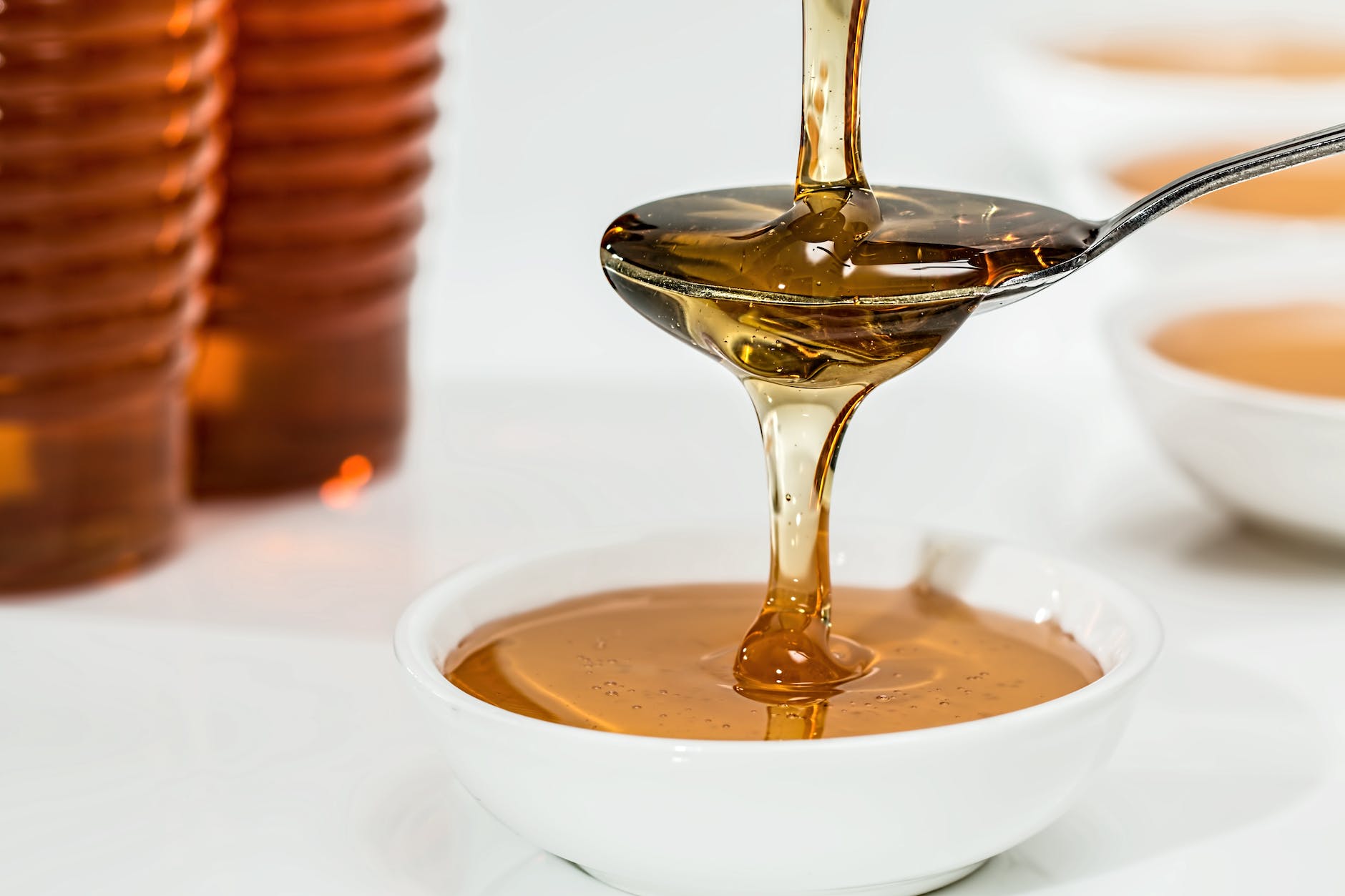
Navigating the Complex Landscape of Pediatric Gastrointestinal Disorders
The journey through childhood is often interspersed with the joys of growth and the shadows of health challenges. Among these, gastrointestinal (GI) disorders hold a significant place, weaving threads of discomfort and concern into the tapestry of a child’s life. This exploration delves deeply into the realms of pediatric GI disorders, seeking to unravel their mysteries and offer pathways of understanding and care.
Newborns: The Delicate Beginnings
The dawn of life, beautiful yet delicate, is often accompanied by the initial echoes of gastrointestinal discomfort. Newborns, with their developing digestive systems, are susceptible to a spectrum of GI issues.
- Gas and Bloating: A common discomfort, often causing distress and crying. Gentle massages and burping techniques can often alleviate these symptoms.
- Reflux: The immature lower esophageal sphincter in newborns often leads to reflux, causing discomfort and spitting up. Keeping the baby upright during and after feeds and offering smaller, more frequent feeds can be helpful.
- Constipation: Infrequent and hard stools can be a concern. Adequate hydration and consultation with a pediatrician for guidance are essential.
Infancy: A Time of Exploration and Adaptation
Infants, as they step into the world of diverse nourishments, encounter various gastrointestinal challenges.
- Food Intolerances and Allergies: Manifesting as diarrhea, vomiting, or rashes, recognizing and eliminating trigger foods is crucial.
- Feeding Difficulties: Issues such as difficulty in latching or swallowing can impact nutritional intake, requiring specialized strategies and potential consultation with lactation experts.
Childhood: The Theater of Varied GI Disorders
Childhood unfolds a broader spectrum of GI disorders, each with its unique presentation and management pathways.
- Celiac Disease: An autoimmune disorder where gluten ingestion leads to intestinal damage. A strict gluten-free diet is essential for management.
- Inflammatory Bowel Disease (IBD): Conditions like Crohn’s disease and ulcerative colitis fall under IBD, requiring comprehensive management involving medications, dietary modifications, and continuous monitoring.
- Functional GI Disorders: Including conditions like irritable bowel syndrome (IBS), functional constipation, and abdominal migraines. Management involves a combination of dietary strategies, medications, and stress management techniques.
Strategies for Nurturing and Care
- Nutritional Guidance: Tailoring diets to meet the specific needs of various GI disorders, ensuring balanced nutrition and symptom management.
- Medications and Therapies: Utilizing appropriate medications, probiotics, and other therapeutic strategies to manage symptoms and improve quality of life.
- Support and Understanding: Offering a supportive environment, understanding the child’s needs, and ensuring emotional well-being.
Conclusion: A Journey of Hope and Healing
Pediatric GI disorders, with their complexities, also bring along a promise of hope and healing. Through knowledge, compassionate care, and effective management strategies, the journey through these challenges can lead to improved health, comfort, and happiness.
Sharing and Learning Together
Your experiences, insights, and stories are treasures of wisdom and support. Sharing them can light the paths of others navigating similar journeys, creating a community of shared understanding and mutual support. Feel free to share your thoughts, advice, and stories, enriching the collective knowledge and strength of the community.
FAQs
1. What are some common gastrointestinal disorders that affect newborns?
Newborns often face gastrointestinal issues like gas, bloating, and reflux. These are primarily due to their developing digestive systems, which are still adapting to processing nutrients outside the womb. Gentle massages, proper burping techniques, and maintaining an upright position during feeds are some strategies that can help manage these common newborn GI issues.
2. How does the introduction of solid foods impact an infant’s digestive system?
The introduction of solid foods is a significant milestone that can come with various gastrointestinal responses, such as food intolerances and allergies. It’s essential to introduce new foods gradually, allowing the infant’s digestive system to adapt, and closely monitor for any signs of discomfort or adverse reactions, adjusting the diet as necessary.
3. What role does nutrition play in managing pediatric gastrointestinal disorders?
Nutrition plays a pivotal role in managing pediatric gastrointestinal disorders. A well-tailored diet that aligns with the child’s specific GI needs and conditions can help manage symptoms, promote healing, and ensure that the child receives balanced and nourishing meals conducive to overall health and well-being.
4. How can parents and caregivers offer support to children dealing with gastrointestinal disorders?
Parents and caregivers can offer crucial support by fostering a compassionate and understanding environment. Ensuring that the child receives appropriate medical care, adheres to recommended dietary guidelines, and has access to emotional and psychological support are key components in navigating the challenges of gastrointestinal disorders effectively.
5. Are there any lifestyle modifications that can help manage pediatric gastrointestinal disorders?
Yes, lifestyle modifications such as establishing regular eating patterns, encouraging physical activity, and ensuring adequate rest and sleep can significantly impact the management of pediatric gastrointestinal disorders. These lifestyle aspects can complement medical and nutritional strategies, contributing to a holistic approach to managing GI disorders in children.
Blog Tags
Pediatric Health, Gastrointestinal Disorders, Newborn Health, Infant Nutrition, Childhood Diseases, Digestive Health, Dietary Strategies, Parenting Support, Pediatric Gastroenterology, Holistic Care Strategies












